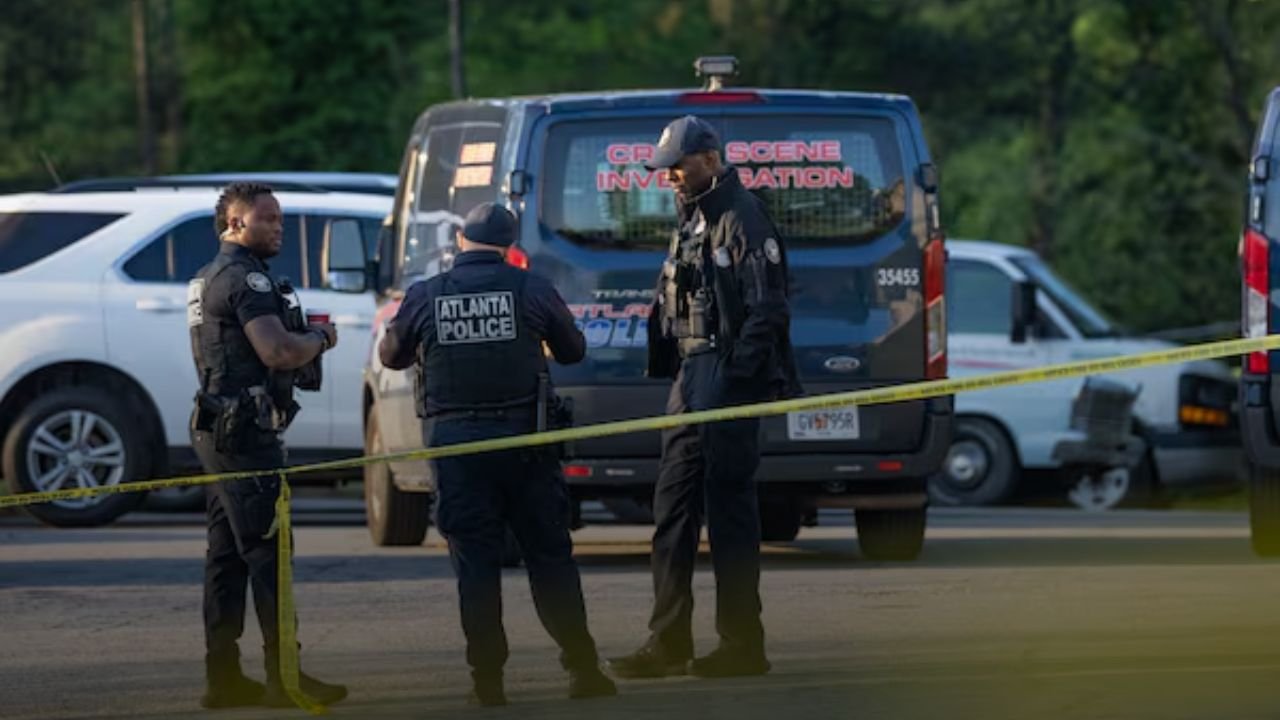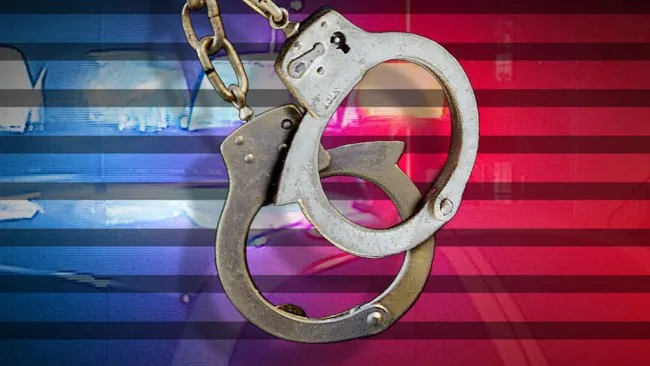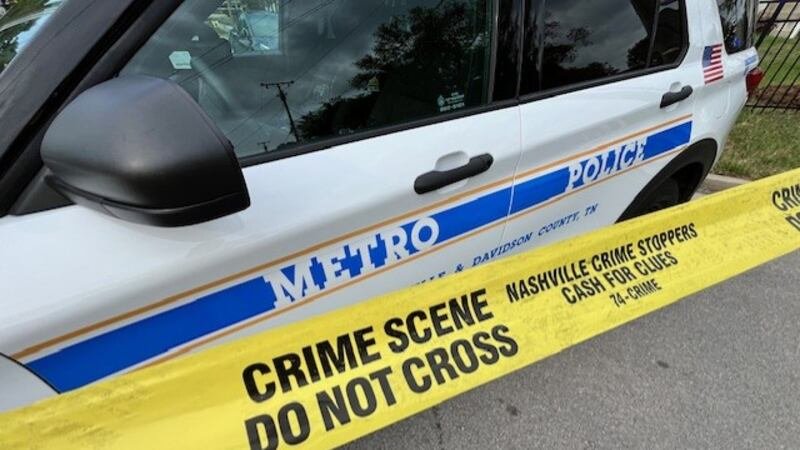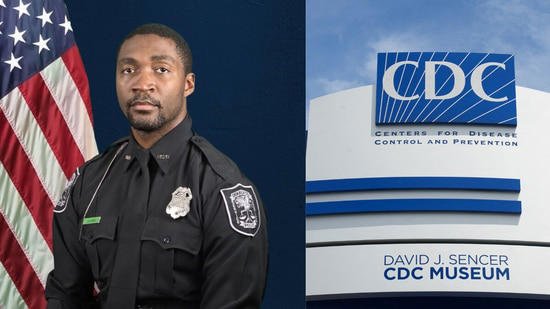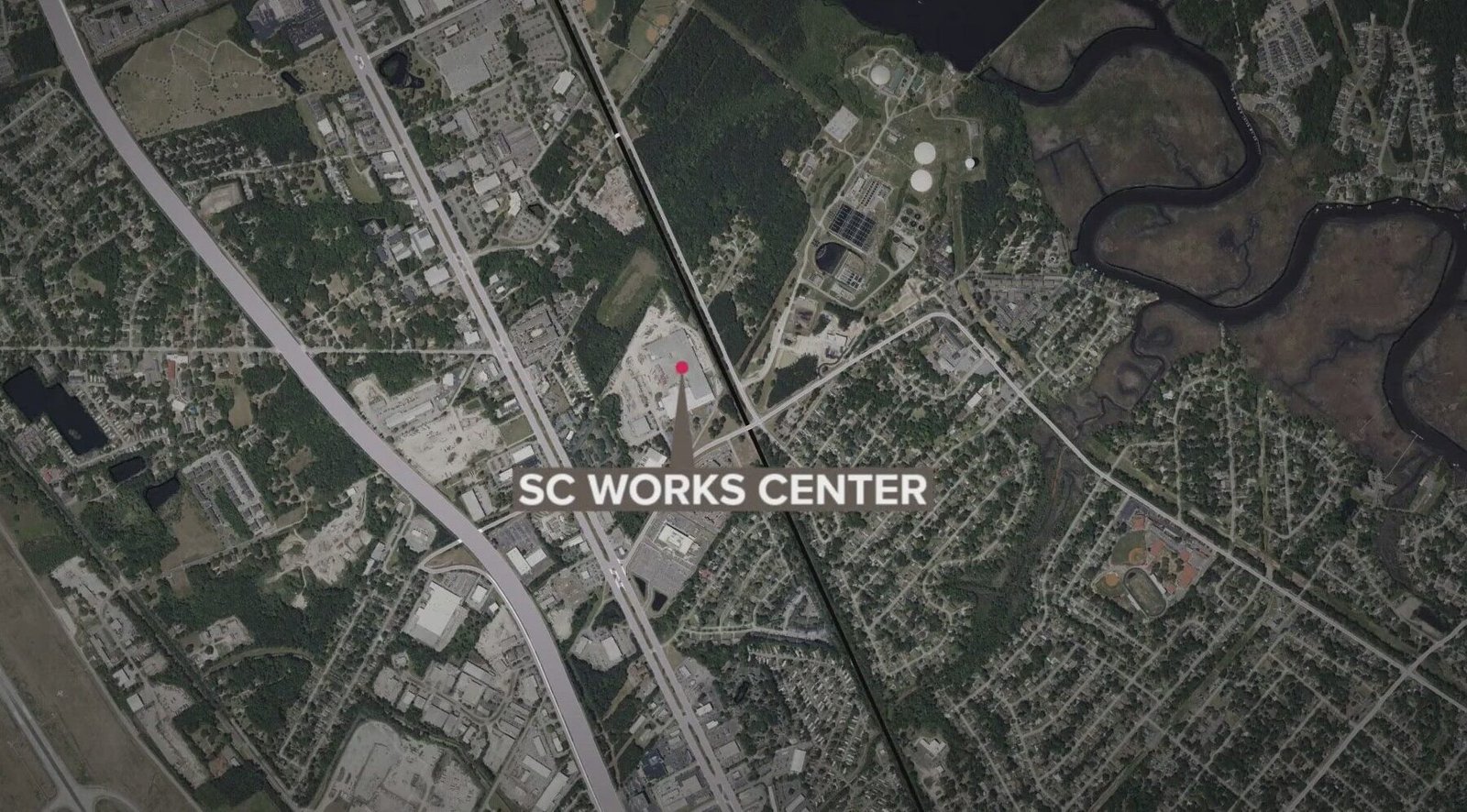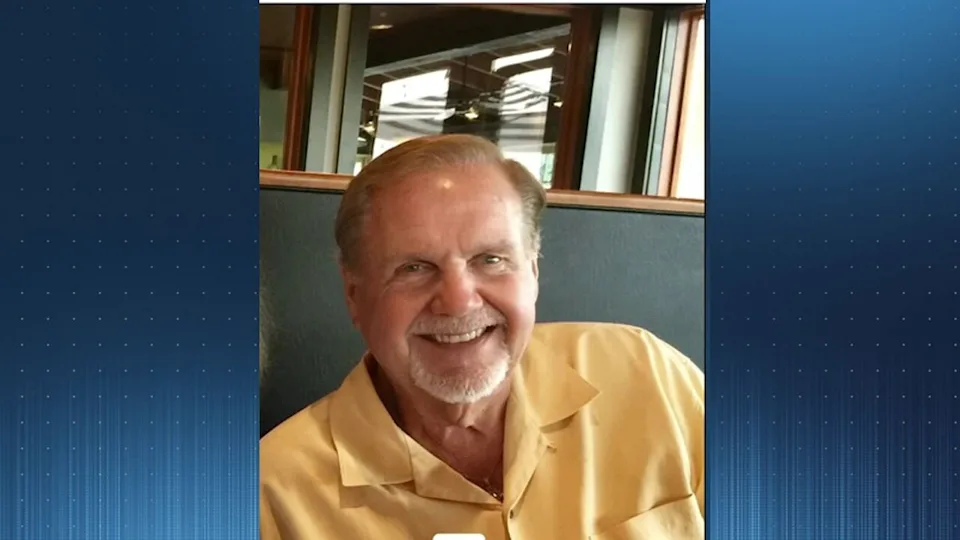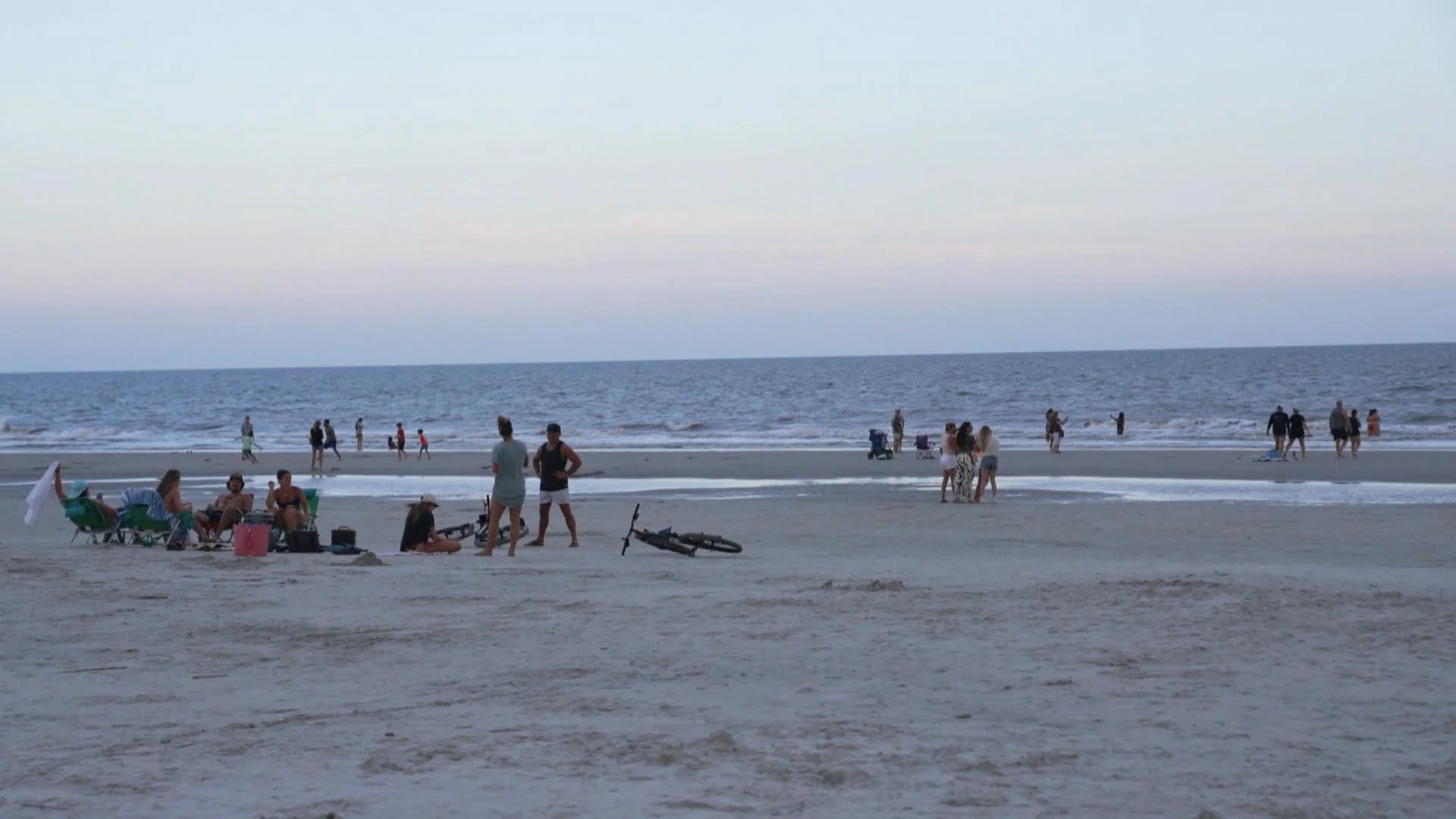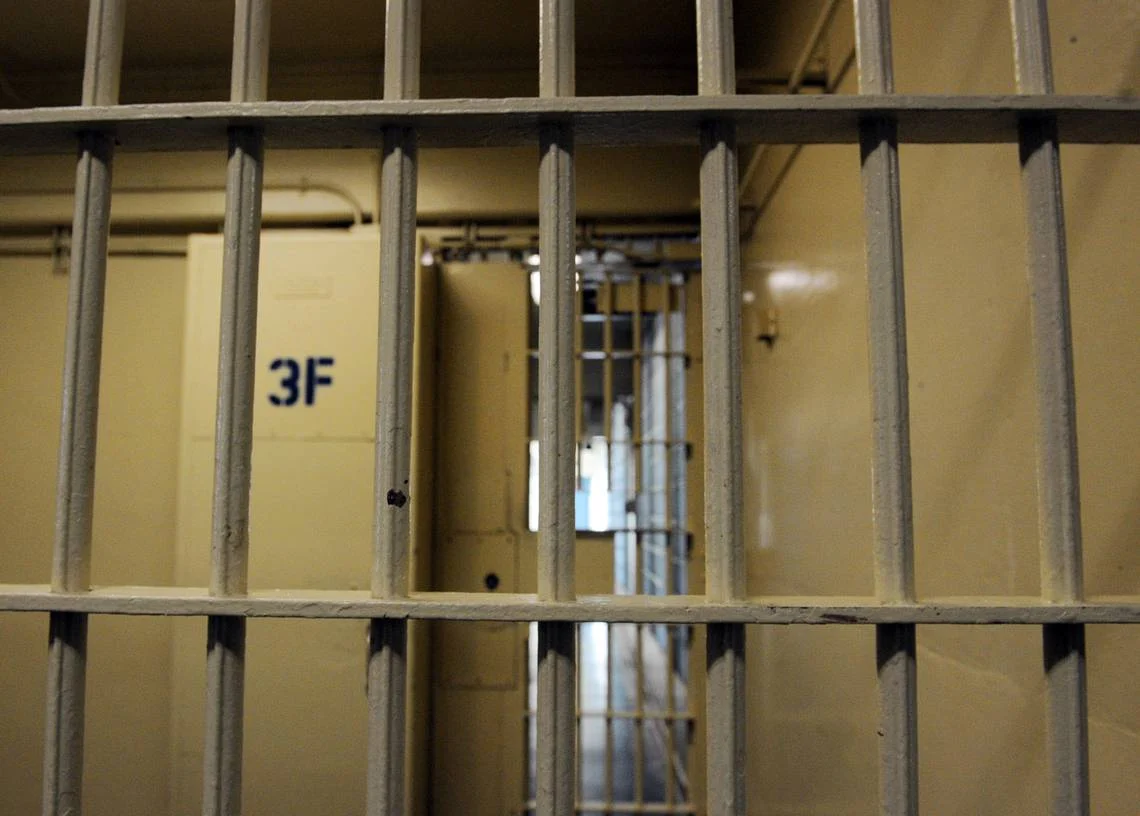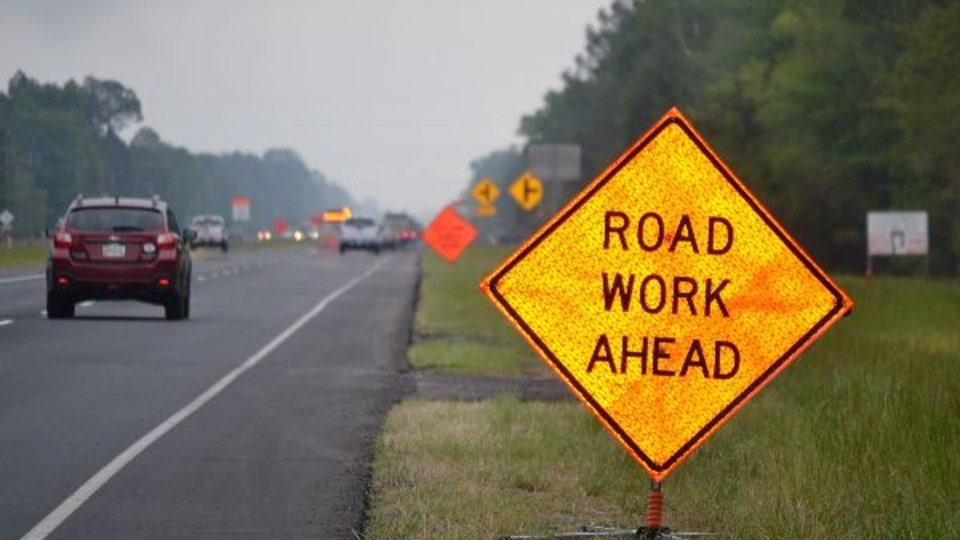AtlantaA recent spate of violence in Atlanta is rocking communities and casting doubt on the city’s public safety narrative, despite a sharp down in killings so far this year.
Atlanta Police Chief Darin Schierbaum and Mayor Andre Dickens recently praised a 32% drop in homicides, which dropped from 72 to 49 over the same time last year, nearly doubling the 17% nationwide decline. However, a number of high-profile shootings, such as the fatal Edgewood Avenue event that claimed one life and injured eleven, have rekindled public worries about safety.
Summer shootings disrupt celebration over homicide drop
The positive homicide trend had been hailed by city officials as evidence that their efforts to combat crime were effective. However, a number of shootings shook the city within days of their public statements, including:
- A 1:30 a.m. shootout on Edgewood Avenue that left one person dead and several others wounded
-
At least
36 people shot in a five-day period
, four of them fatally - Tensions in popular nightlife districts that escalated into gun violence
Speaking following one of the bloody weekends, Chief Schierbaum admitted that although there had been some progress in lowering fatal crime, we still had a ways to go.
Experts say aggravated assaults and youth violence still on the rise
Other violent crimes are increasing while homicides are declining.The mayor highlighted figures showing a 16% increase in aggravated attacks. The availability of firearms, teenage disputes, and post-pandemic behavior changes are cited by analysts as contributory reasons.
Dr. Volkan Topalli, a criminologist at Georgia State University, told the Atlanta Journal-Constitution that children who are armed, irate, and impetuous are frequently involved in violent situations and frequently settle arguments with shots rather than words.
Topalli saw a decline in burglaries but a persistent increase in car thefts, assaults, and shootings in public areas like parking lots and shopping centers, illustrating how the COVID years radically altered how some groups interact.
Mayor s initiatives face test as new incidents pile up
The government of Mayor Dickens started several youth-oriented projects, such as summer camps, employment programs, and recreation opportunities. The decrease in homicides was partially attributed to these measures.
However, with teens and young adults both victims and culprits in many of the events, the current spike in summer violence has some locals wondering if more extensive interventions are necessary.
At a press conference after the Edgewood Avenue shooting, Schierbaum stated, “We still have to figure out why people are pulling the trigger in the first place.”
Crime statistics vs. lived reality
On paper, Atlanta’s total crime rate may be declining, but the lived experiences of city dwellers paint a more nuanced picture. Public trust in the city’s safety is still being eroded by gun violence, particularly when unplanned altercations turn tragic.
Topalli continued by saying that Atlanta is not an exception to the way that urban crime patterns are changing nationwide due to the availability of illegal firearms, changing economic circumstances, and a post-COVID criminal landscape.
What s next for Atlanta s crime strategy?
Although officials admit the shortcomings of their current programs, they insist they are still dedicated to long-term solutions. Even as election season approaches, Mayor Dickens emphasized that a complete reversal of violent patterns cannot occur immediately.
However, given the heavy media coverage, the obvious police response, and the high level of community animosity, city officials will probably continue to be scrutinized for their efforts to address the wider causes of Atlanta’s crime problems.
What should Atlanta do next, in your opinion, to reduce summertime violence? Leave a comment at SaludaStandard-Sentinel.com with your ideas.
